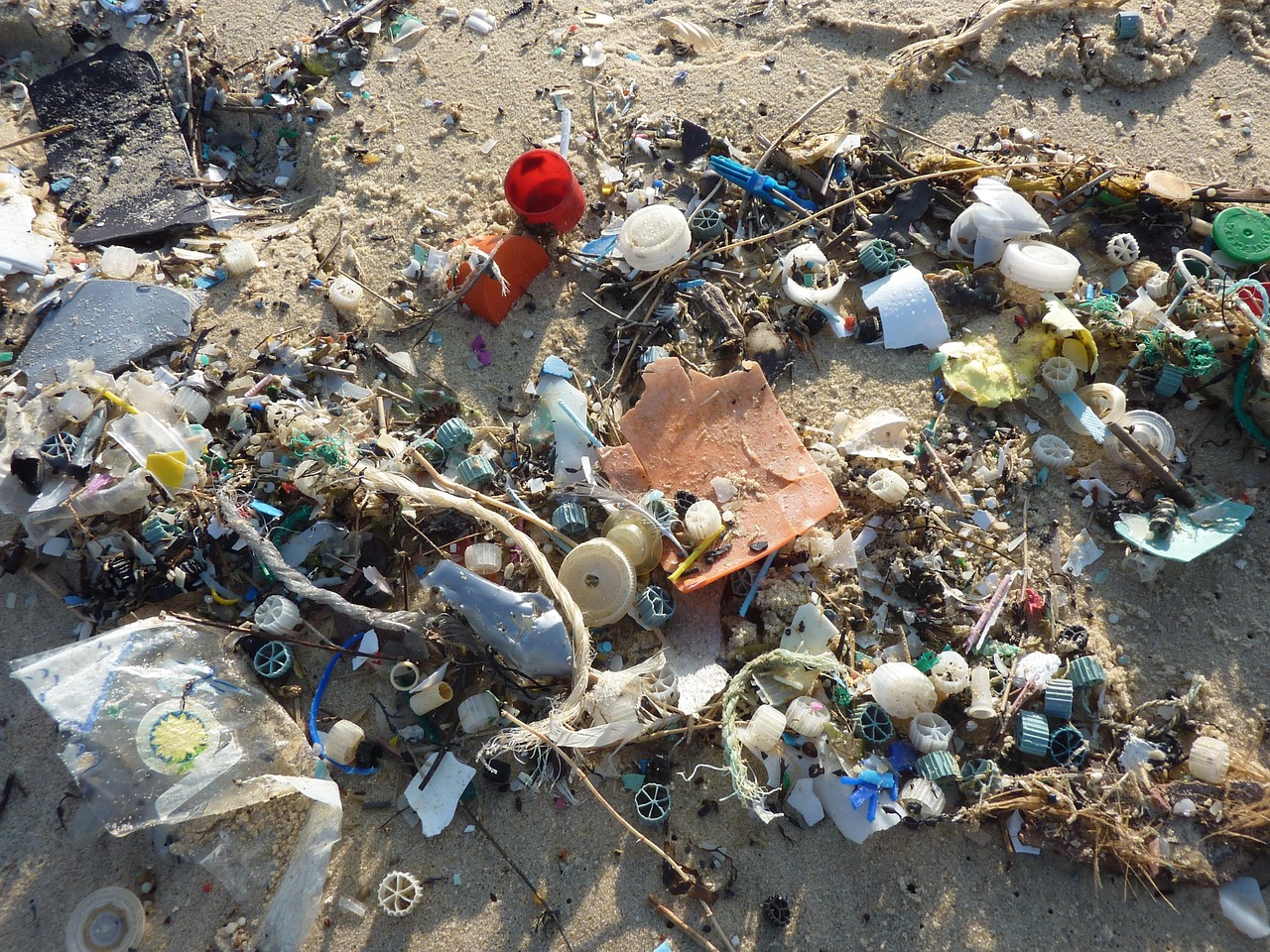On the 22nd of April, New York became the second US state to implement a state-wide ban of disposable plastic bags, following in the footsteps of California, which put a similar ban in place in 2016.
This is a step in the right direction, hoping to put an end to the usage of 23 billion plastic bags a year by New York state residents. This makes the UK’s 5p charge seem like a meagre attempt to combat plastic pollution. Though it has led to a fall in the annual plastic bag consumption of 7.6 billion by 80%, it is still dwarfed by the projected falls for New York usage.
However, it would be wrong for me to say that implementing a 5p charge in the UK has not been successful. On the contrary, not only has the charge led to the fall in plastic bag consumption in the UK, but some retailers donated the proceeds to various good causes – a total of over £51 million was raised for a range of charities in the 2017/18 financial year.
Although not all retailers did this, instead choosing to benefit from the proceeds themselves, I cannot deny that any amount of money being donated to charity is a good thing, and even better that the UK plastic bag charge is able to provide benefits for the environment as well as various charities. Furthermore, the New York ban is not exactly perfect, as certain forms of plastic bags are exempt from the ban, such as those for takeaways and bulk items.
Nevertheless, New York has definitely hopped onto the right bandwagon and the action taken in this state will hopefully encourage change across more US states and beyond US borders. However, the rate at which people are converting to this idea poses a problem. It took nearly three years for New York to follow California’s ban on plastic bags, a time frame that does not bode well for the rest of the US, and eventually the rest of the planet, to follow.
Furthermore, it’s all fine and well banning plastic bags, but food wrappers and plastic bottles were among the top three items collected internationally during coastal clean-ups in 2017. Therefore, while this ban is undoubtedly going to have positive implications for the environment, I feel it does not stretch far enough.
We need to take these bans further, both through their geographical reach and the products that they cover.
This can only be the beginning of the beginning.
Image Credit: Atlantic Chapter

